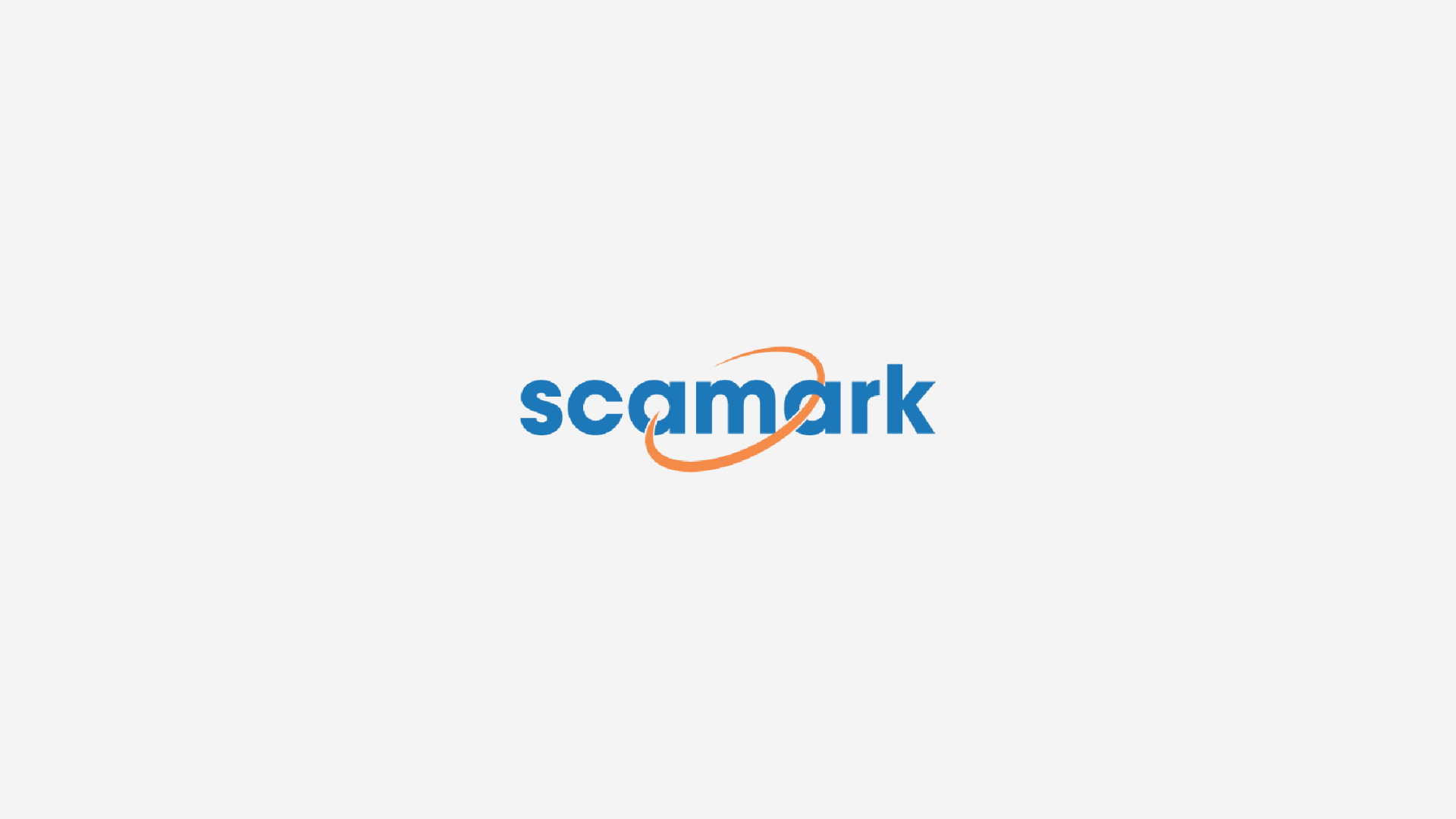.webp)





A quick overview of Carbon Maps’ work and purpose
Carbon Maps is a sustainability platform for the FMCG industry, specialized in helping food companies to measure, manage and reduce their product-level environmental impact at scale, using auditable, science-based data.
Carbon Maps is designed for ingredients producers, brands, retailers, and food service companies that want to reduce their environmental impact, meet Scope 3 reduction targets, and improve sustainability across their supply chains. Whether you're just getting started or scaling an existing program, Carbon Maps adapts to your level of data availability and ambition.
No, despite the name, Carbon Maps goes beyond carbon. The platform also measures land use, water use, biodiversity pressure, and other environmental indicators in line with the EU’s Product Environmental Footprint (PEF) guidance.
Carbon Maps is built with a deep understanding of agri-food value chains. Its food-specific models and emissions database—over 34,000 emissions factors—make it uniquely equipped to handle the complexity of food systems at scale.